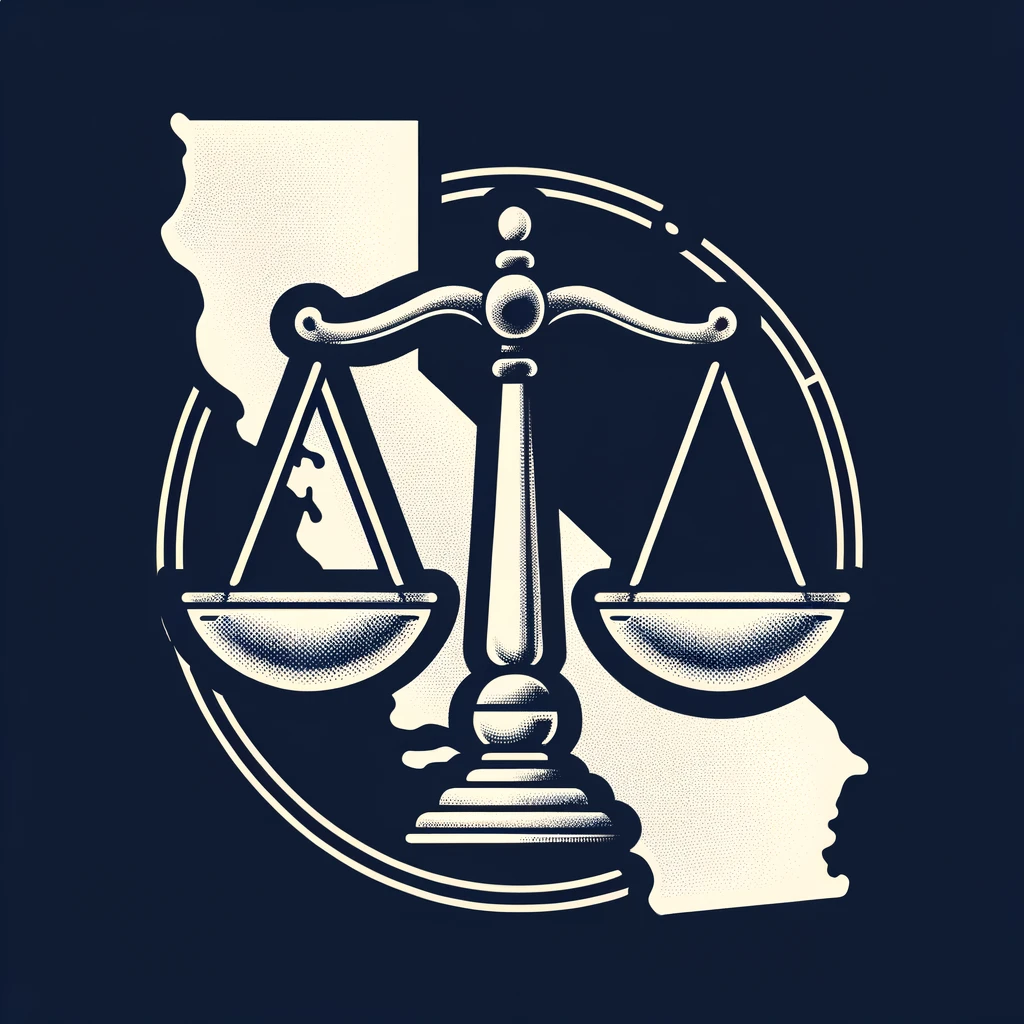California Employment Law: Navigating the Debate Over PAGA
In recent years, the rise in claims under the Private Attorneys General Act (PAGA) has stirred considerable dialogue among employers. This growing dialogue has culminated in the placement of a ballot initiative in this upcoming November election that would repeal PAGA if passed. This is notable not only for its immediate impact on the state’s […]










